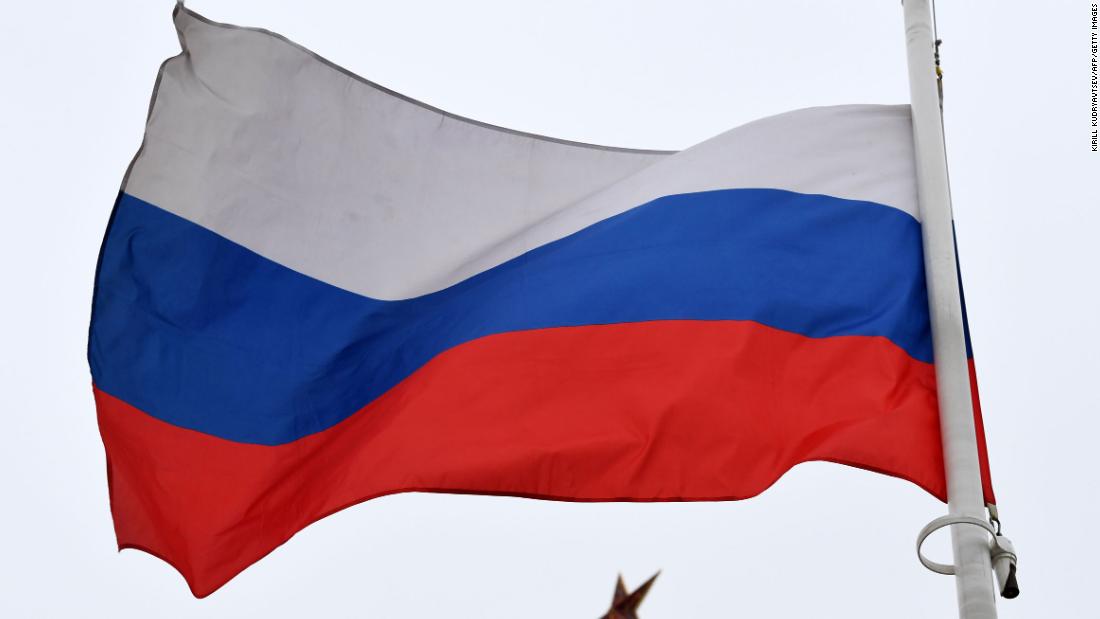Chautauqua Institution increases security, may add peace officers following Salman Rushdie attack
The outside world is continuing to intrude into the vernal and intellectual world of the Chautauqua Institution, most visibly in the assassination attempt last week on world-famous writer Salman Rushdie.
The New Jersey resident accused of the attack, Hadi Matar, pleaded not guilty Thursday to a felony indictment charging him with the assault on Rushdie. He’s locked up awaiting further court action.
After the attack, the Institution tightened security, from requiring photo ID at the gates to barring bags in most venues on the grounds.
The Institution has security officers on the grounds and has long been working in Albany to get peace officer status for those officers, particularly when past practice went away of them being deputized by the Chautauqua County Sheriff’s Department.
“Complexity of it, the schedule of it, does require that additional support, and that’s why we’re pursuing it,” said Chautauqua Institution Senior Vice President and Chief Brand Officer Emily Morris.
Both State Sen. George Borrello and Assemblyman Andy Goodell are pushing legislation, even asking Gov. Kathy Hochul to call a special session of the New York State Legislature to get the bill passed.
The governor has said she would sign the legislation if it gets to her desk, according to Morris.
Peace officers would have the power to make arrests or issue appearance tickets, access law enforcement computer networks and use physical or deadly force, if necessary.

“For Chautauqua Institution as a complex organization to ensure that there is a police officer support for this operation that works in tandem with the regional and State Police agencies, the peace officer status would enhance that capability for us in ways that we think are very important,” Morris said.
Morris estimates 100,000 people visit the grounds in the course of the season, with its theaters, religious sites, homes, hotels and restaurants.
“That’s a lot of the same characteristics of a corporately independent town, but, of course, we are not a corporately independent town,” she said. “But we do…


